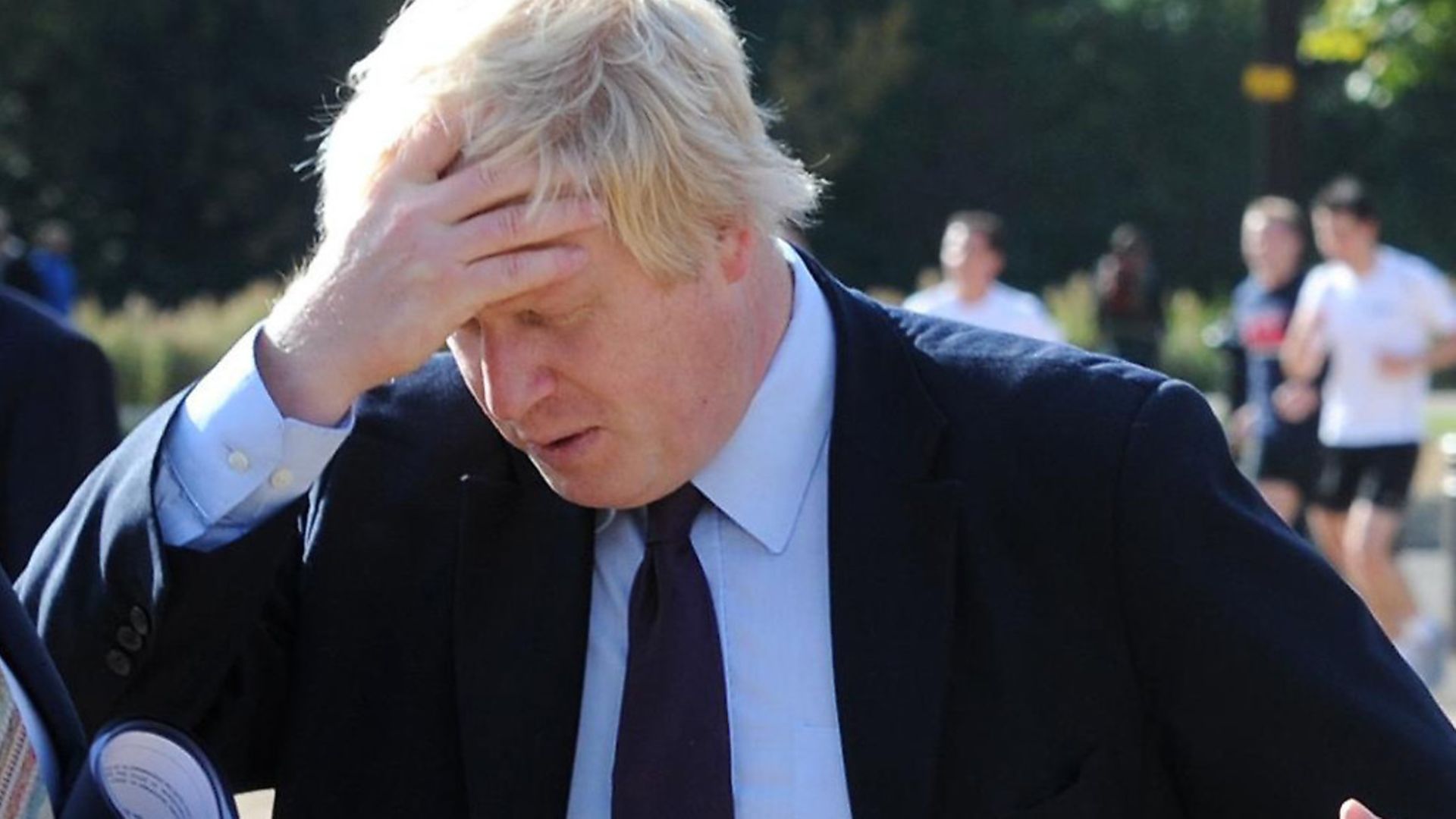
Boris Johnson is a man who has been rewarded time and time for carelessness and, as JENNA NORMAN argues, it raises many questions.
The personal is political. So said feminists of the 1960s and many of us since. When it comes to inspecting Boris Johnson’s eligibility for prime minister this refrain remains timelessly relevant.
The men – for it is mostly older, white men (46% of whom think feminism has had a negative impact on society) – have cast their votes and Johnson has fulfilled a lifetime’s ambition. He takes office just a month after police were called to his girlfriend Carrie Symonds’ south London flat – where he had been staying – following reports of an argument between the couple. Officers took no further action and, after a few days of uncomfortable headlines, Johnson was able to leave the incident behind.
But we should not forget it so easily. Let us be under no illusion that Johnson’s track record in his personal life tells us all we need to know about his political character and plans for the United Kingdom.
He is not a man for whom consequences are an important factor when making a decision. And why would they be? He has rarely had to suffer the consequences of any blunder or botch-job. Make up quotes in your first journalism job? Get a better job at another newspaper. Spend £46 million on a flowery bridge that is never built? Don’t mention it. Discuss plans with a friend to have a journalist beaten up? Shrug it off on live television.
Get one of your partners pregnant? Walk away and leave her to pick up the bill for her termination. Get another of your partners pregnant? Leave her next partner to pick up the bill. Lie to the electorate on the side of a bus funded by illegal money without any conviction in the end result? Get to be prime minister!
Johnson’s career so far has been a portrait of privilege, the epitome of how the establishment saunters along and a damning reminder of how far we have got to go if we ever want politics to achieve anything good for the people who need it most, including women.
This short snapshot of his much-storied personal and political past speaks volumes about how he handles power and responsibility.
It seems that Johnson goes about both aspects of his life with the same sense of reckless entitlement that renders him above authority. So protected is he by his privilege and power that he need not ever worry about his actions catching up with him.
Politically, he has rarely stayed around long enough to face the consequences of the grand gestures on which he thrives. Like the garden bridge, his other big ideas as London mayor, like the Boris bus and Boris Island (notice a theme?) ended in failure, but without him carrying the can.
As PM, he has already suggested grand spending plans on infrastructure without any explanation of where this money might come from.
He’s in for the quick wins, the big cheers and none of the heavy lifting in between.
And so to Brexit – the ultimate Boris ego trip.
He is still brazenly suggesting that all we need is some ‘can do’ spirit to get the job done. If recent years of public service cuts and emboldened hate have taught us anything, it’s that women and marginalised groups will end up picking up the pieces, not Johnson.
Much like the Brexit Party winning 31.6% of the vote in the European elections without a single policy besides the one in its name, we know very little about what Johnson is planning, aside from cutting taxes and “delivering Brexit”. What unites these two promises is a commitment to turning back the clock on gender equality and throwing women under the big red £350m bus.
Feminist economists at the Women’s Budget Group have explained in depth why increasing the personal allowance favours men by essentially taking from poorer women to give to richer men. It would also see there be less tax revenue to fund public services which women rely on most to help with the unpaid burden of child, social and healthcare.
Similarly, women’s organisations across the UK have been clear since 2016 that Brexit will have a disproportionate impact on women.
This is because the economic damage caused by a no-deal Brexit is likely to mean further public service cuts and public sector job losses. When women rely disproportionately on public services and are overrepresented in public sector jobs, it is our time and our jobs on the line.
Meanwhile, many of the laws which promote gender equality in the UK, including equal pay for equal work, maternity leave and laws protecting women from discrimination and harassment, hail from Brussels. The European Union’s long-standing commitment to gender equality is, ironically, designed to protect us from people like Alexander Boris de Pfeffel Johnson.
Johnson’s personal attributes together with his public record show us a man who has been rewarded time and again for carelessness.
A man who cares not for consequence or conviction, who has built a career of shrouding racism and sexism in gags to the detriment of marginalised groups everywhere.
If we think this is going to change once he enters No.10, we’re sorely mistaken.








